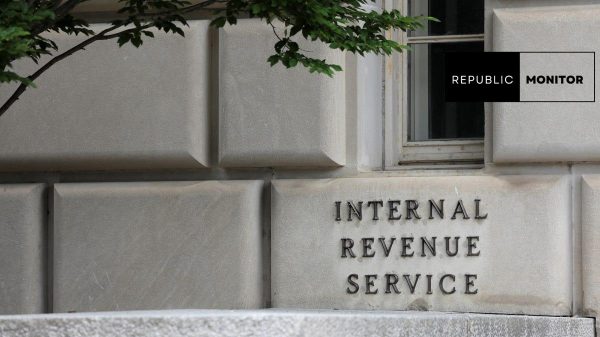Americans should examine their local government agency for possible help services while waiting for word on the fourth stimulus check. Currently, over 14 cities have guaranteed income programs that may provide Americans with up to $2,000 per participant.
A handful of states established their own schemes to help residents, with local governments selecting who qualifies for a fourth stimulus check and how much they would get.

An update on stimulus check reveals that the IRS has issued more unemployment tax refunds under the American Rescue Plan that will send out to 430,000 Americans.
Fourth Stimulus Check Update: How Much People Per State Can Anticipate
Here’s how much money citizens can anticipate in each state, according to The US Sun.
Ohio
Students in Ohio may be able to benefit from $46 million in grant money.
Oklahoma
Oklahoma has received a total of $13 million in federal assistance to compensate student teachers.
Vermont
While Vermont is not making a direct payment, it is willing to cover up to $7,500 in relocation fees for those coming to the state. The only condition is that the person must be relocating due to job loss in the construction or hospitality industries.
Arizona
Unemployed citizens in Arizona may make use of the state’s back-to-work program. Those who return to part-time employment are entitled for a $1,000 stipend. Those who return to full-time employment may be eligible for a $2,000 bonus.
New Hampshire
Families with three children who do not have a source of income are eligible for a $1,086 payment.
California
Residents in California who were obliged to submit their 2020 tax return by October 15 received the Golden State Stimulus. As of October 31, almost half of the nine million people have received their payouts, sent the remaining cheques. California residents making $30,000 to $75,000 per year were qualified for $600, while those with minor children were eligible for $1,100.
Connecticut
In a statement, Governor Ned Lamont said he started the Back to Work program. Officials would provide $1,000 in stimulus checks beginning May 30, 2021 and running through December 31, 2021.
The standards are more stringent than in other states, including details on when citizens applied for unemployment benefits and how long they were unemployed. Residents should also be employed to be eligible for the stimulus payment.
Florida
Teachers and principals in Florida will get $1,000 in stimulus money for their dedication to education throughout the pandemic.
ALSO READ: Another Form of Stimulus Check To Be Sent Out Next Week
Georgia
Georgia’s teachers and administrators will get $1,000 in stimulus money for their dedication to education throughout the pandemic.
Idaho
Idaho residents may be eligible for a one-time income tax reimbursement. Over half a million people got cash, with the average cheque amounting to $248.
Maryland
Only residents in Maryland who submitted their earned income tax credit got their state-wide stimulus cheque in August. Individuals were awarded $300, while families with children were awarded $500.
Michigan
Teachers in Michigan are eligible for a $500 hazard pay bonus.
Stimulus Check Scammers Are on the Prowl
According to the Federal Trade Commission (via CNBC), criminals steal money from naive consumers by promising another stimulus check. An FTC advisory says scammers are now sending phony IRS e-mails stating that consumers may earn a Economic Impact Payment if they click a link to access a form for extra information and seek assistance with an application.
The scam is a sort of government impersonation scam in which thieves pose as employees of the Social Security Administration, the Internal Revenue Service, the Centers for Medicare and Medicaid Services, or another government agency.
According to FTC statistics, over 12,500 Americans submitted fraud claims during the Covid epidemic, which was related to a government impostor scheme. They recorded a $17.6 million loss.
How to Avoid Scam
How do you make sure you don’t miss out on your stimulus payment? Motley Fool recommends people not to reply to unwanted emails. Avoid emails that include links or require you to disclose personal financial information, such as banking information.
Although the IRS may contact you by mail, the agency does not send emails. The IRS also won’t try to contact you for information by text message or social media, so if you get anything via one of these methods, your best chance is to report it as fraud.
Better still, report it to the FTC if someone attempts to defraud you of your stimulus cash or steals any other personal information. This might help protect someone else, possibly someone less knowledgeable than you, from being a victim of financial fraud.
It’s critical to detect the warning signals of a scam, not only about your stimulus check but also in general. It’s a solid clue you’re dealing with a scam when someone reaches you out of the blue and wants you to supply banking information, confirm your Social Security number, move cash to a specified location, or purchase and send gift cards.
Your best option is to protect your personal information and report any attempted fraud so that the appropriate authorities can investigate and put a stop to it.
RELATED ARTICLE: Basic Income Programs: Chicago Approves $500 Monthly Payments For Residents, L.A. Rolling Out BIG:LEAP















